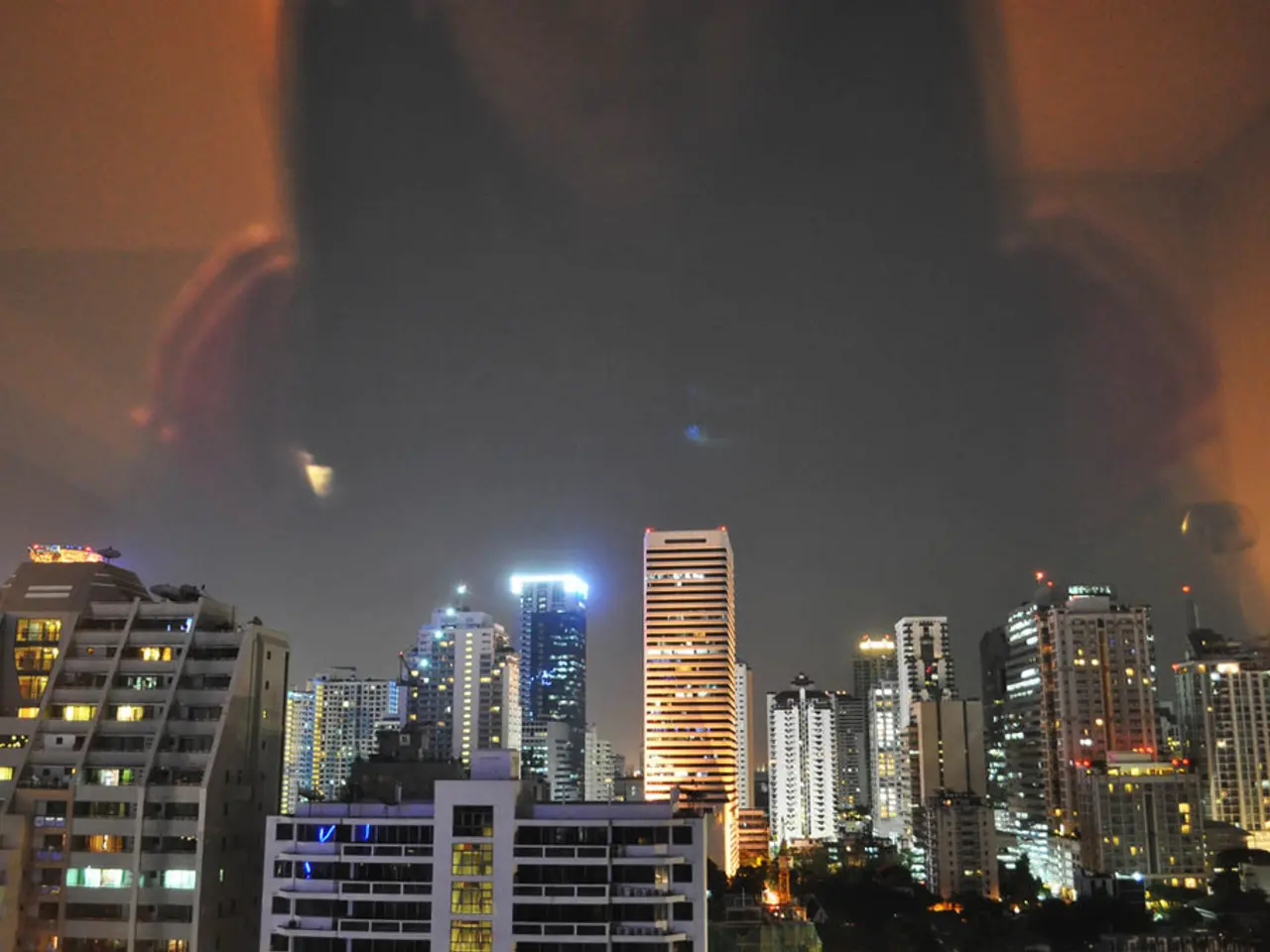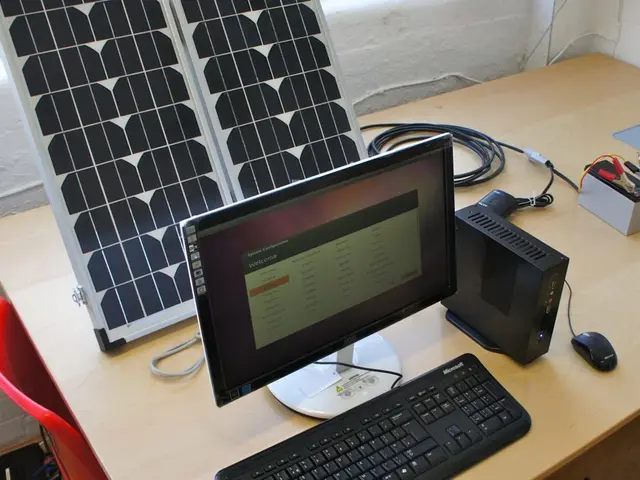Millions of German Apartments Could Produce 'Tenant Electricity', But Faces Political Hurdles
A recent study by the Institute of German Economy reveals that producing electricity in rental apartments, dubbed 'tenant electricity', is viable for over 20 million units. However, this promising prospect faces hurdles and political pushback.
The Energiewende, Germany's transition to renewable energy, has encountered public disapproval, partly due to campaigns by the right and the fossil lobby. Despite this, tenant electricity could benefit both landlords and tenants, potentially saving them taxes.
Progress has been slow due to bureaucratic obstacles. Many people still prefer solar power generated on their own roofs, driving demand for photovoltaics, which remains the most eco-friendly option. States and municipalities are urged to establish programs to make tenant electricity a common model.
Federal Minister of Economics, Katherina Reiche, has questioned subsidies for small photovoltaic systems. While her stance on tenant electricity is unclear, she and many energy industry actors prioritize the fossil economy, which could slow the implementation of tenant electricity.
Tenant electricity, feasible for millions of apartments, could help cushion energy transition costs and make them socially acceptable. However, political will and streamlined bureaucracy are needed to overcome hurdles and accelerate its implementation.
Read also:
- Aiming to simplify the move towards cleaner automobiles, the newly established ministry plans to take direct action with Pannier-Runacher, Létard, and Vautrin at the helm.
- "The imperfect yet essential documentary, "Planet of the Humans," raises challenging and uncomfortable inquiries"
- Exciting Escapades of Tintin
- More than half of British homes adhere to insulation standards established during the 1970s.








